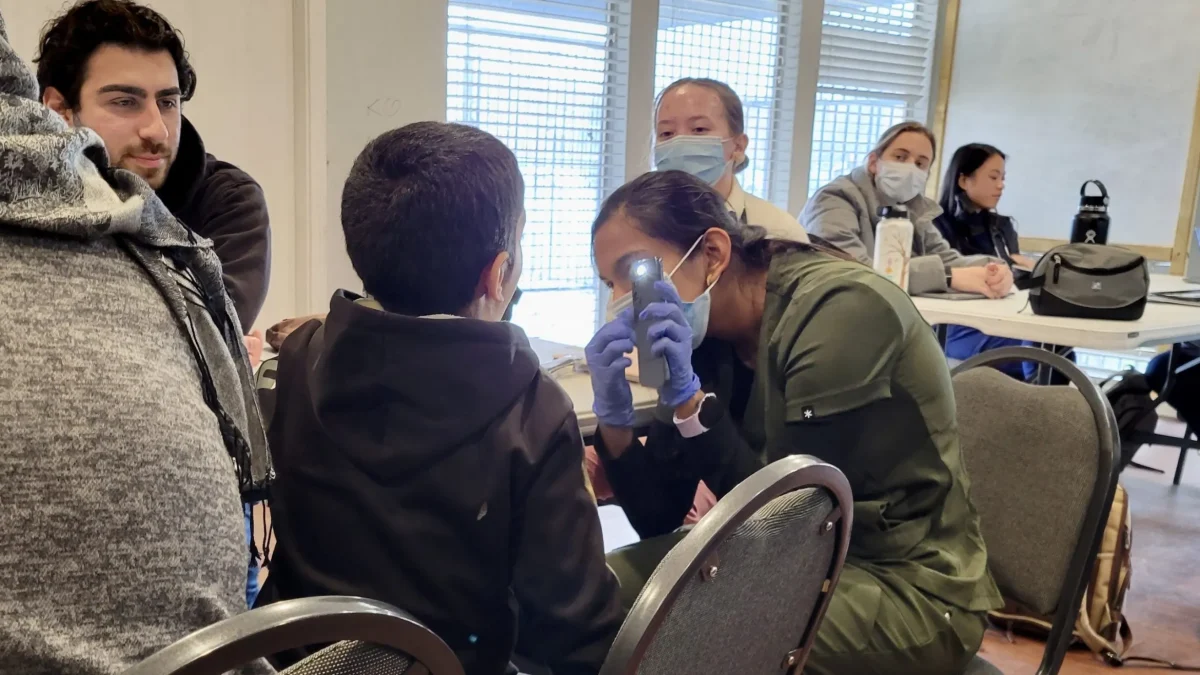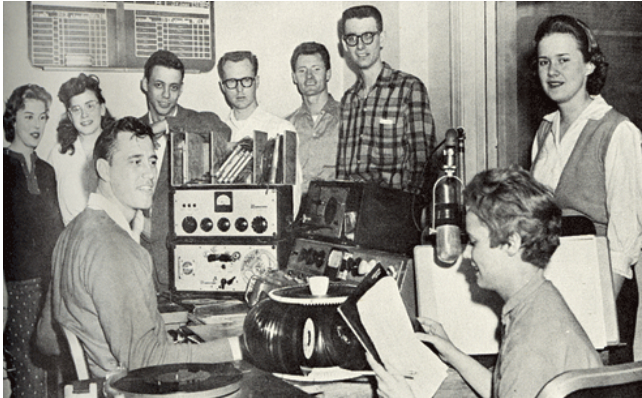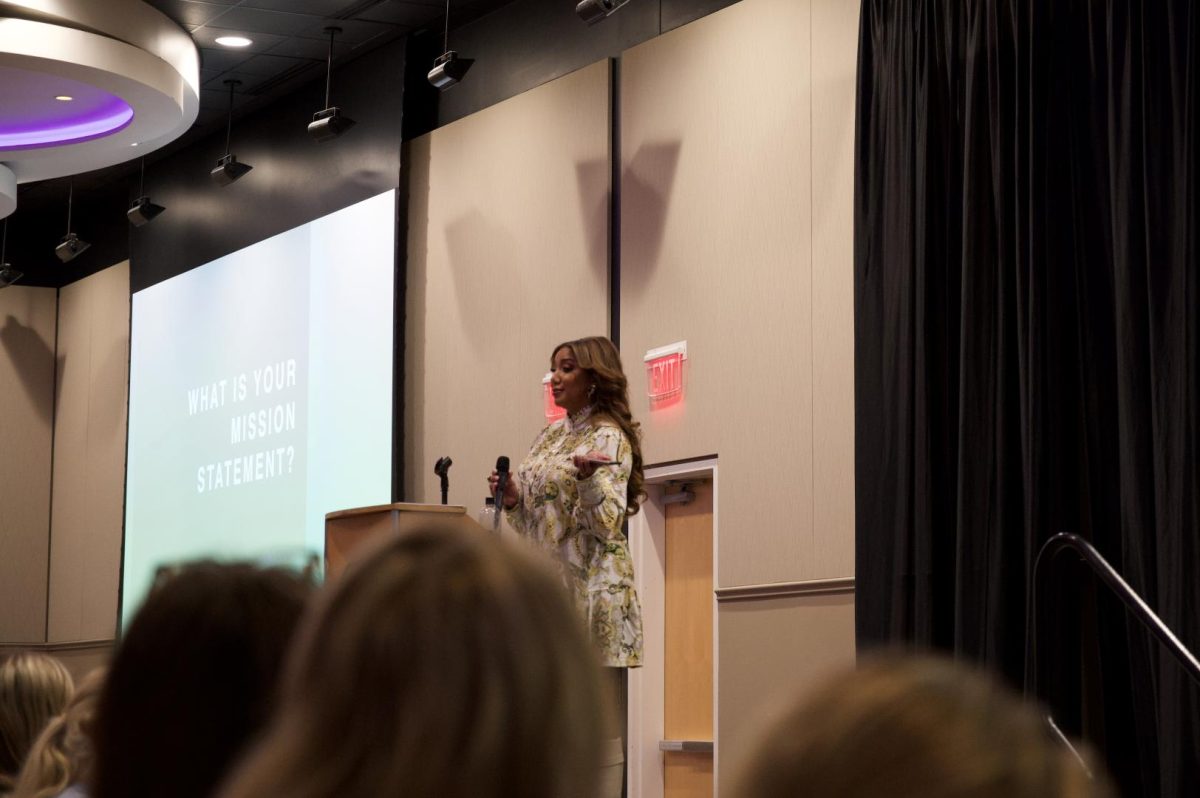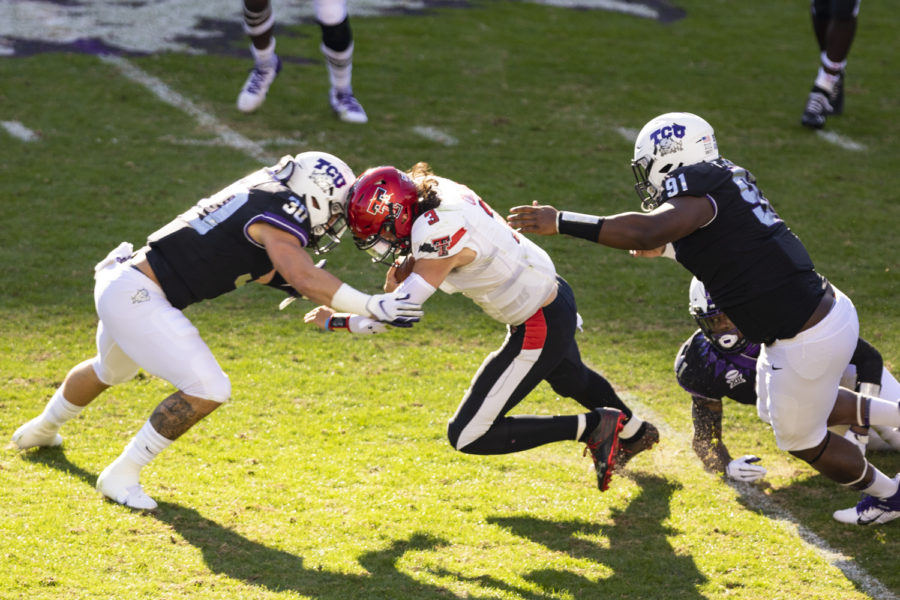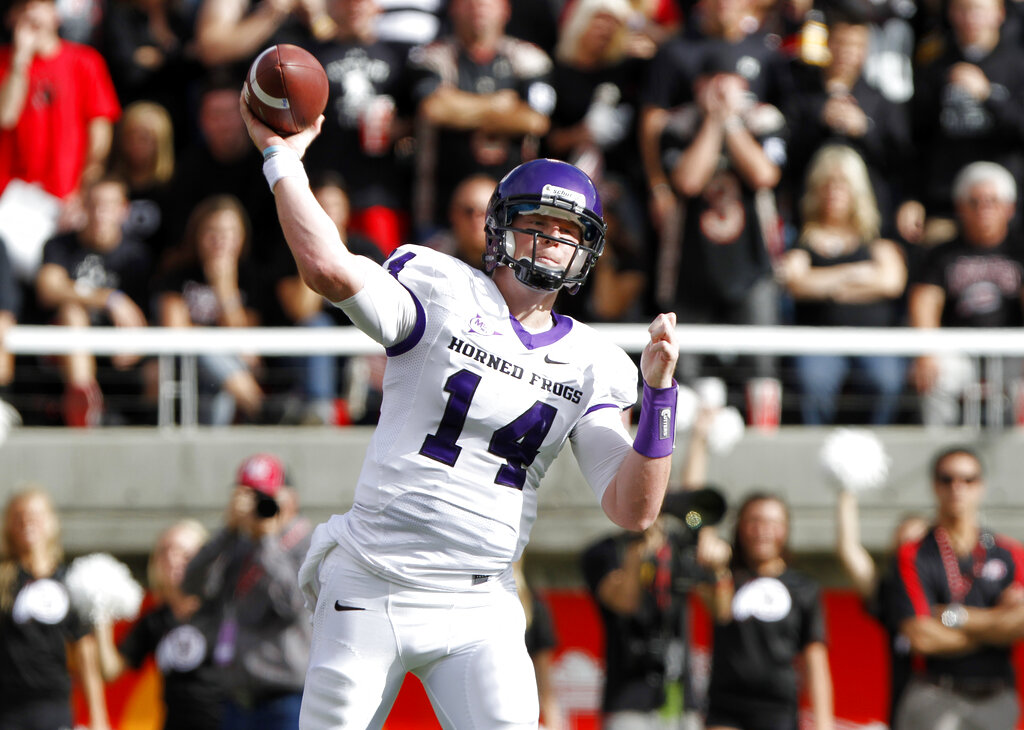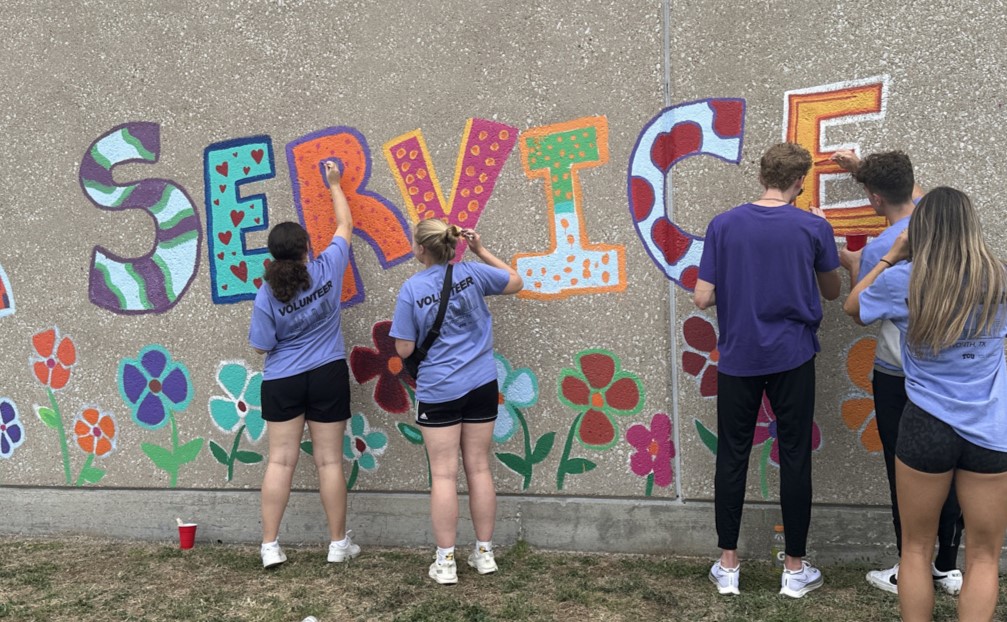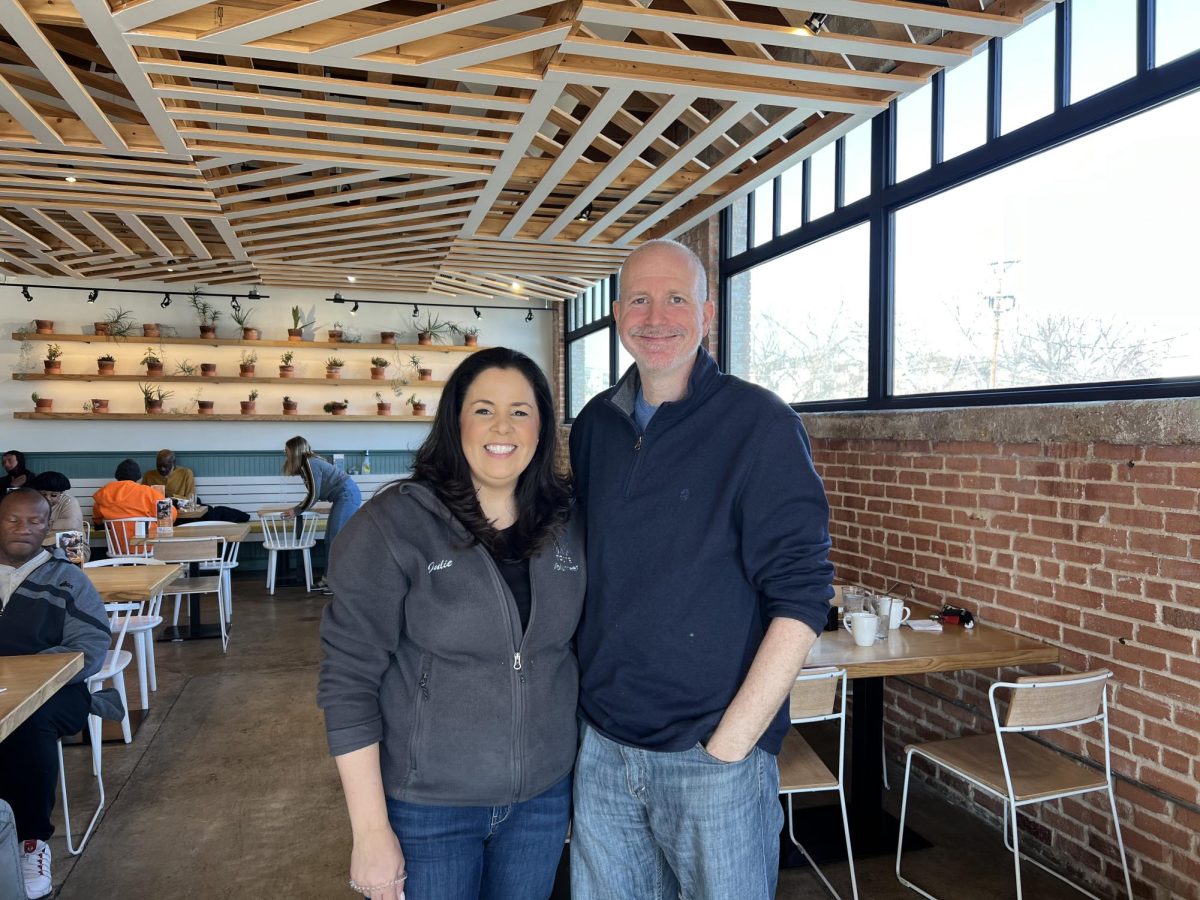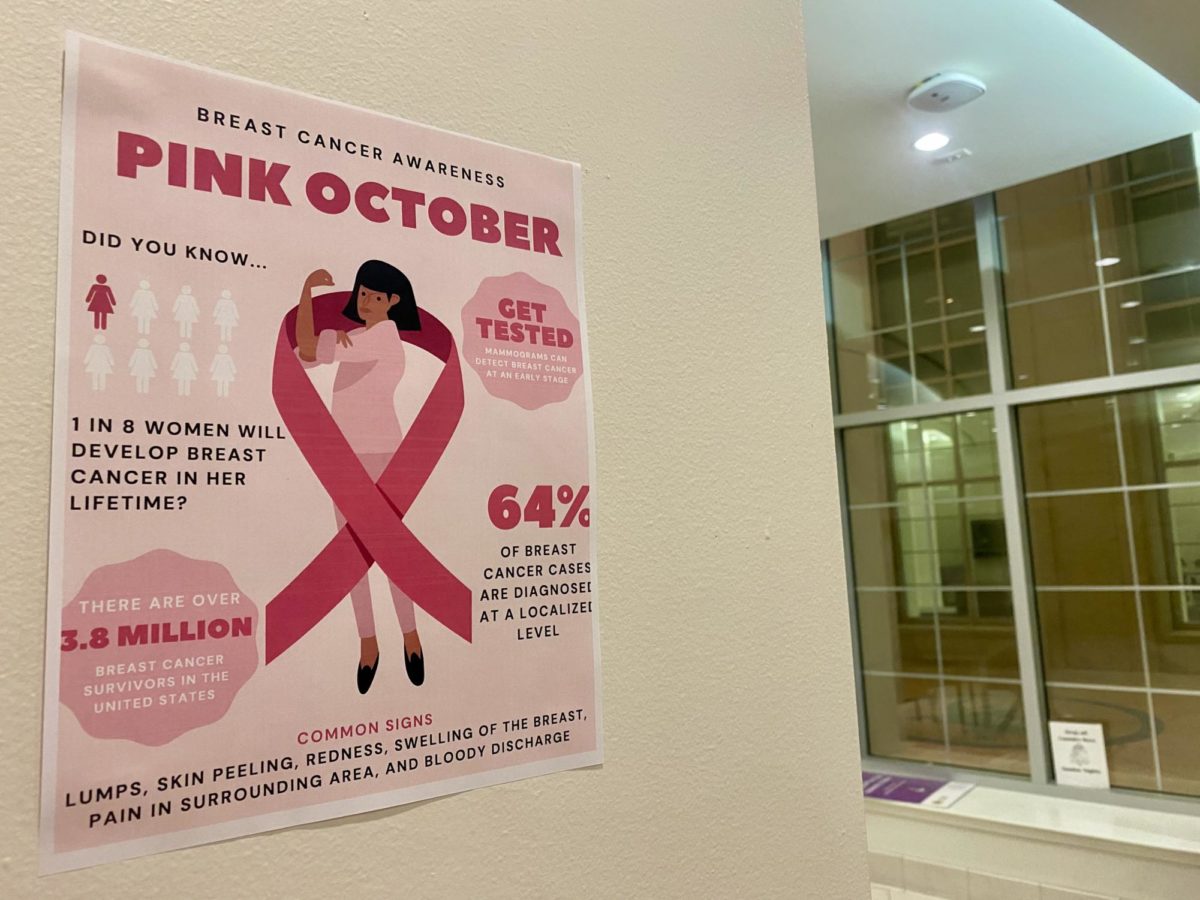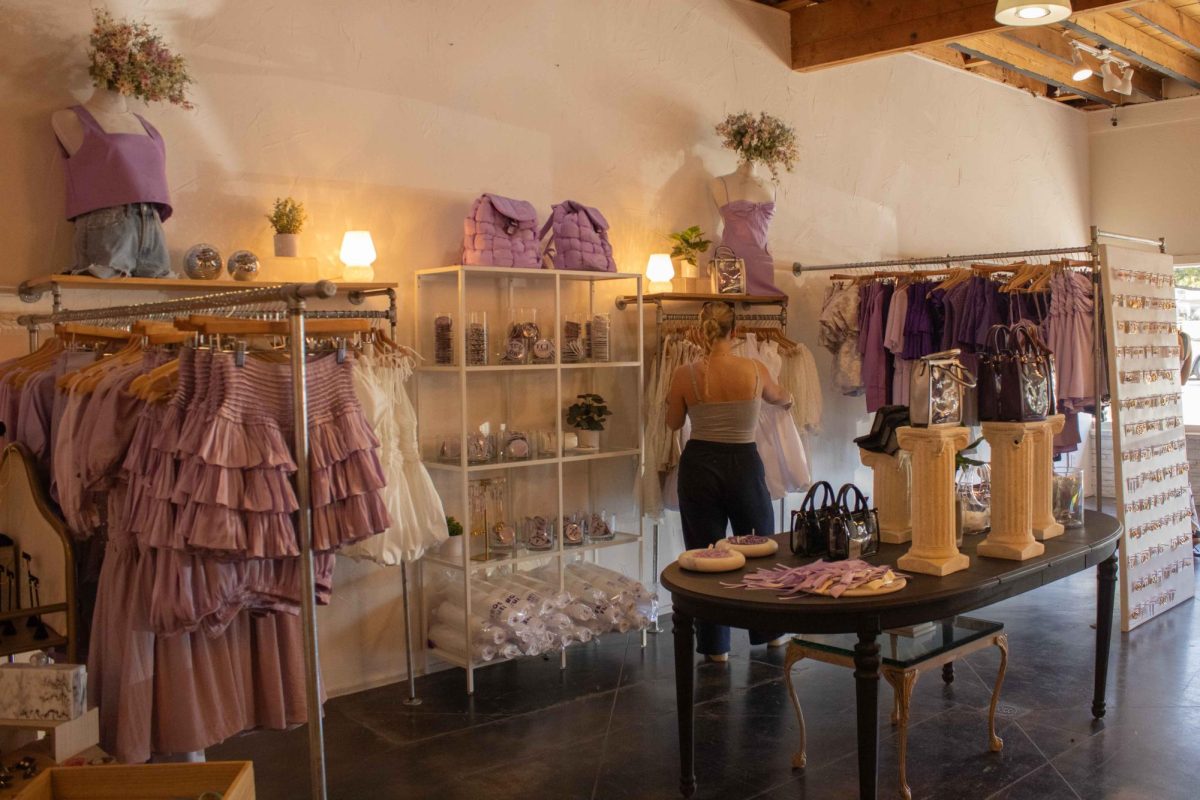Third-year students of the Anne Burnett Marion School of Medicine at TCU are piloting a community health literacy initiative for the refugee population of Fort Worth.
In collaboration with the Texas College of Osteopathic Medicine Refugee Health Initiative (RHI), the Refugee Access and Healthcare Awareness (RAHA) project, is a community project started by third-year medical students Mireya Rahman, Sana Chowdhry, Naimah Sarwar and Omid Mohammadi in the fall of 2023.
The community project aims to support TCOM’s Refugee Health Initiative (RHI), which has been providing care and increasing health literacy in the refugee community for several years.
Health literacy is defined as a specialized form of literacy that includes reading, writing, speaking, and listening skills, along with an ability to engage in conversation with a healthcare provider, according to a study by the Institute of Healthcare Advancement.
Studies have shown that health literacy is not an individual trait because it depends on the way health information is delivered.
Healthcare communication oftentimes uses complicated medical jargon and is governed by regulatory requirements that increase health literacy demands on refugees.
Adults with low health literacy may struggle due to a lack of knowledge about how the body works, language skills and intercultural communication issues.
“After meeting with its leaders and volunteering in the clinic ourselves, we learned the biggest obstacle to care was the language barrier between patients and the volunteers and physicians,” Rahman said. “RHI has several medical student volunteers who speak multiple languages that have had to serve as informal interpreters but there are a few languages, especially Dari, Pashto and Kinyarwanda, that are rarer languages, especially when it comes to medical translation.”
The project aims to tackle language barriers by translating documents that are commonly used in the medical intake process. Some of the templates created by the RAHA project also include pictures and visual cues.
This is the Burnett School of Medicine’s first initiative focused on refugee health.
Students are encouraged to get involved not only with translations but also graphic design, volunteering in the clinic, networking with providers who speak another language and helping to develop the next phase of the program.
Students do not have to be medical school students or bilingual to volunteer.
A long-term goal of the project is making these tools available in an online format.
“We would not have been able to design this project without the RHI leadership, namely Brittany Uebbing (OMS 2), RHI President, the Burnett School of Medicine’s Director of Service Learning Ric Bonnell, MD and Stacy Grau, PhD of the Neeley School of Business were instrumental in facilitating the progress of this project,” Rahman said.

